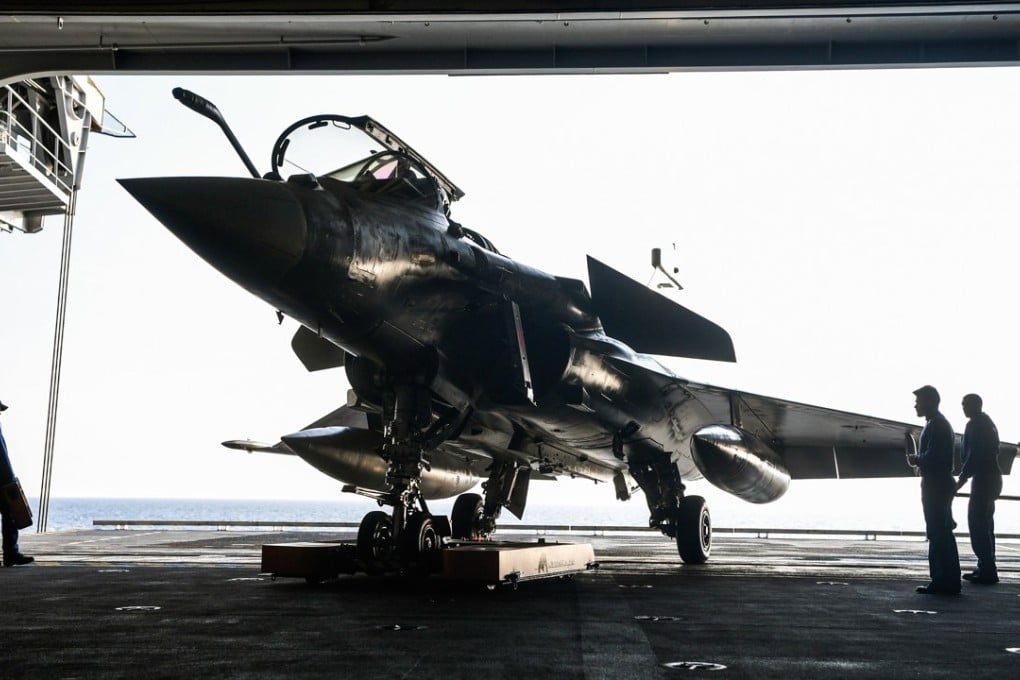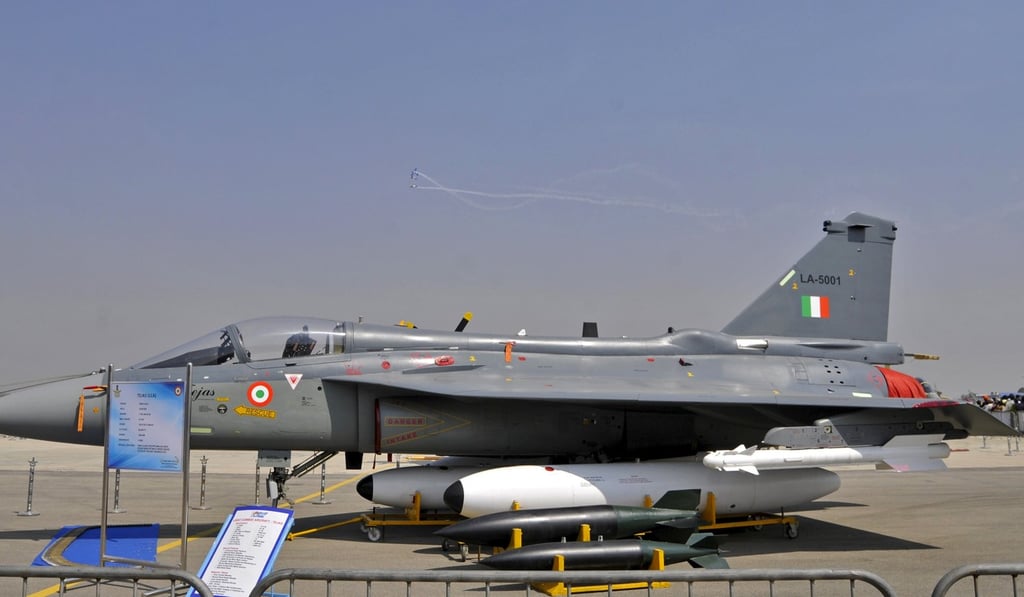What a dogfight in court would mean for Modi’s Rafale jet deal
- The Indian leader’s controversial fighter jet deal has flown into the crosshairs of the Supreme Court and the Auditor General. Will Modi take the flak?

India’s Supreme Court is considering a petition that calls for an investigation into the government’s purchase of 36 Rafale fighter jets made by French company Dassault Aviation for an allegedly inflated 7.85 billion euros (US$8.96 billion). At stake is not just the modernisation of the Indian Air Force’s (IAF’s) ageing fleet, but also the credibility of Prime Minister Narendra Modi, who came to power in 2014 promising to end corruption. With elections due in early 2019, the opposition is on the attack.
How important is the Rafale contract for India?
India faces two powerful regional adversaries – Pakistan and China – but the IAF is worryingly short of combat aircraft. New Delhi planners assess that the IAF needs 42 combat squadrons (each with 18 aircraft) to meet this dual threat. However, it currently has just 31 squadrons – including 10 squadrons of obsolete Russian MiG fighters soon to be junked. The replacements for these have long been delayed.
The domestically developed Tejas light combat aircraft, already a decade late, will take another five years to enter service in substantial numbers. And with the Sukhoi-30MKI, which India builds under licence from Russia, at the tail end of its production run, no new fighters are in sight. The smooth introduction of the Rafale jets is therefore imperative.

Why is there such controversy over the deal?
Modi rode to power in 2014 on a wave of right-wing nationalism and a flurry of promises that he would overcome his predecessors’ neglect of national defence by fast tracking the introduction of modern weaponry. A tender for 126 fighter aircraft that had been in limbo for over a decade was low-hanging fruit that Modi could have easily plucked. The previous government had homed in on Dassault’s Rafale fighters, but got bogged down in prolonged negotiations. Yet instead of pushing that deal through, which would have seen the jets built in India, Modi announced its cancellation in favour of a government-to-government purchase of 36 ready-built planes during a visit to Paris in 2015. This went against Modi’s hyped “Make in India” initiative and the declared intention to leverage that purchase to build up India’s aerospace industry.
